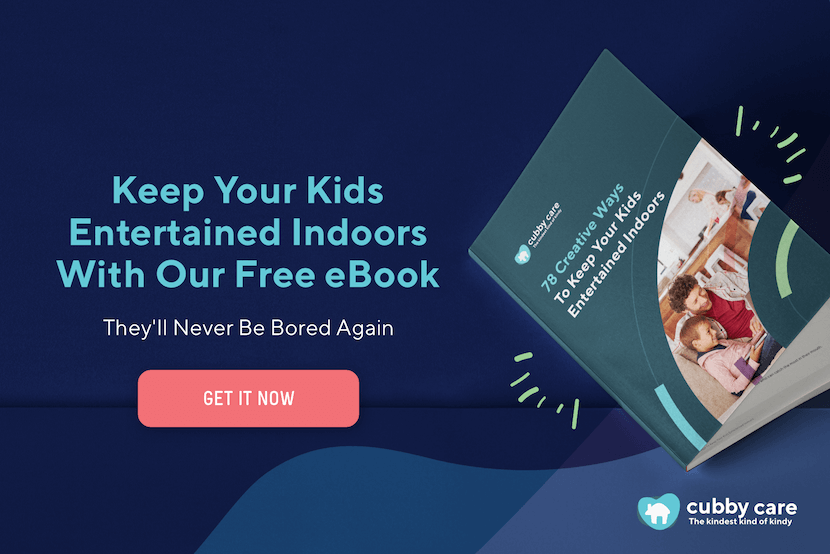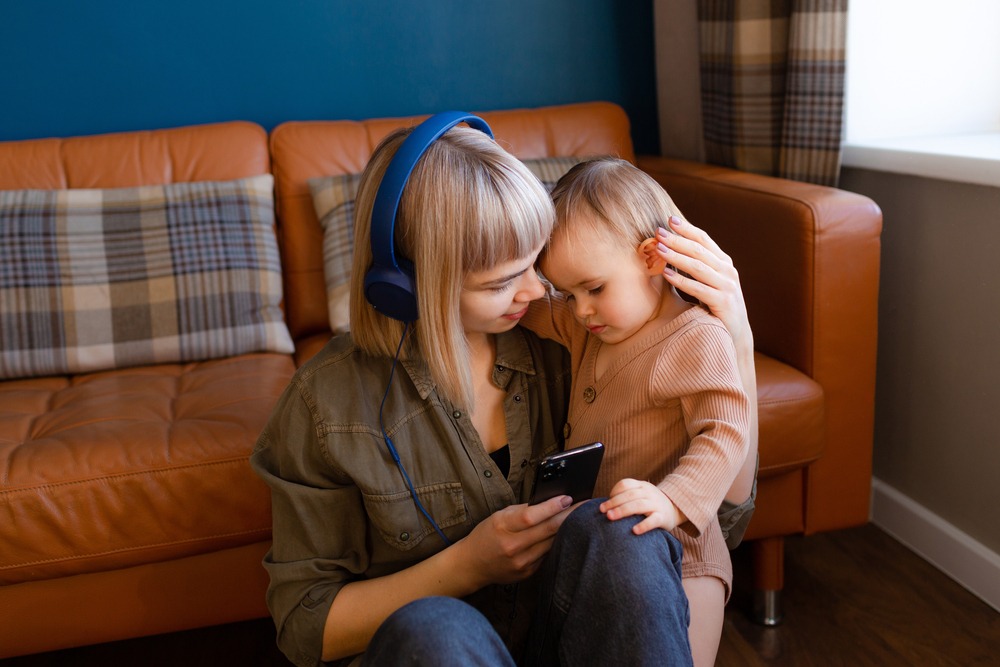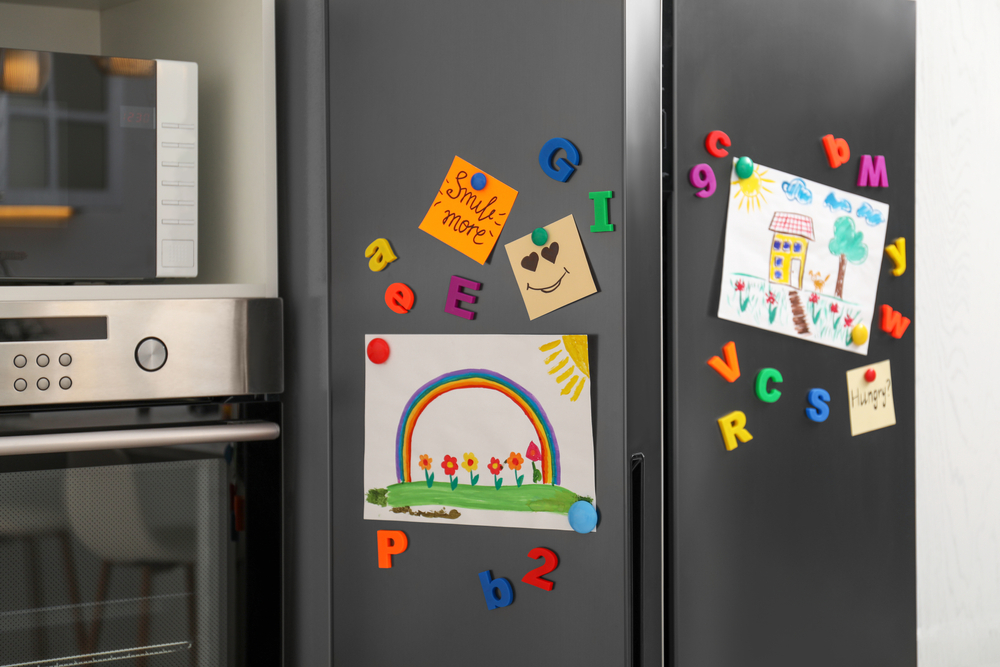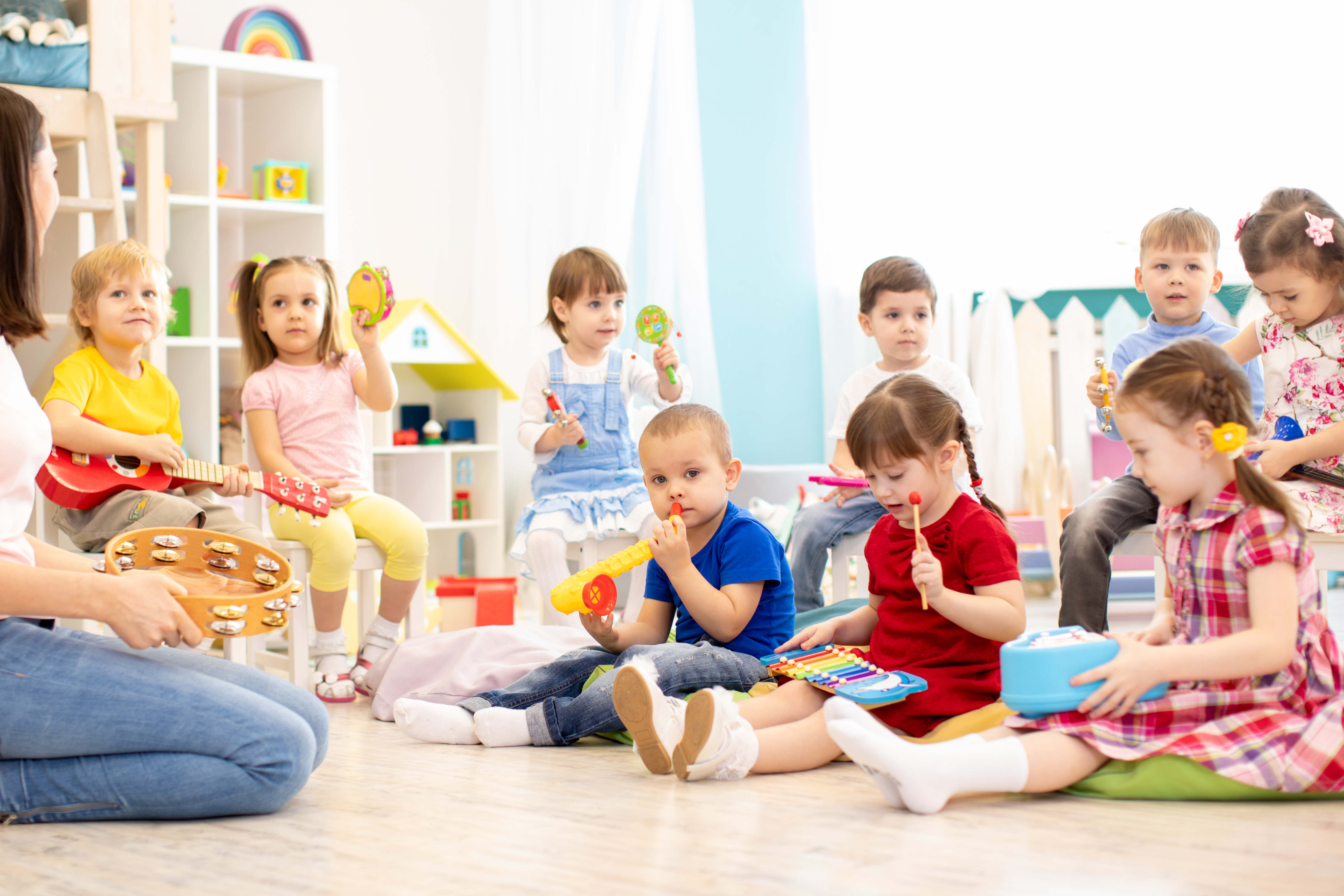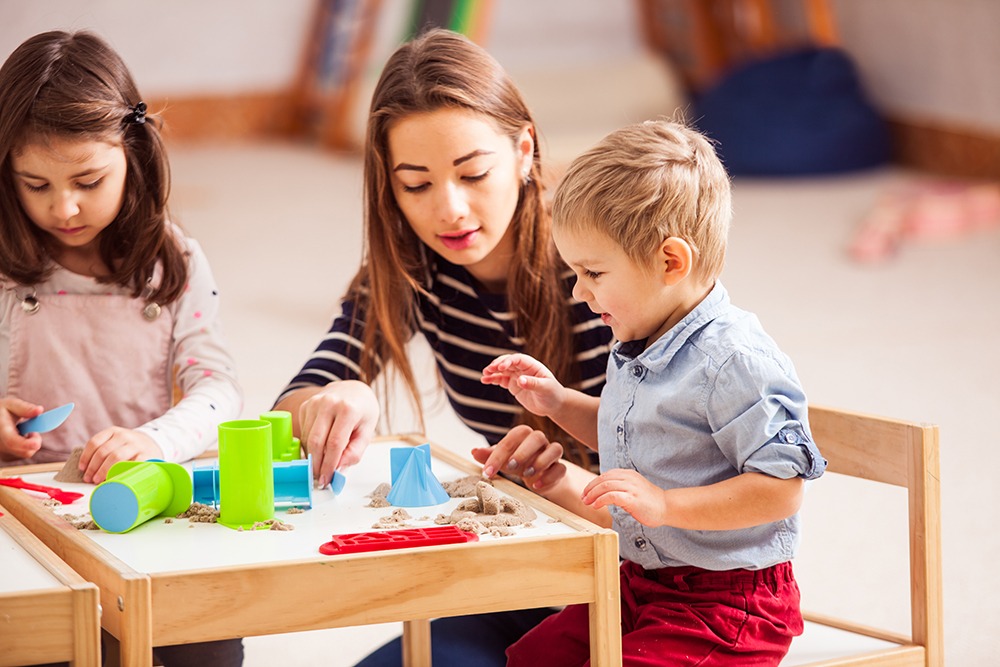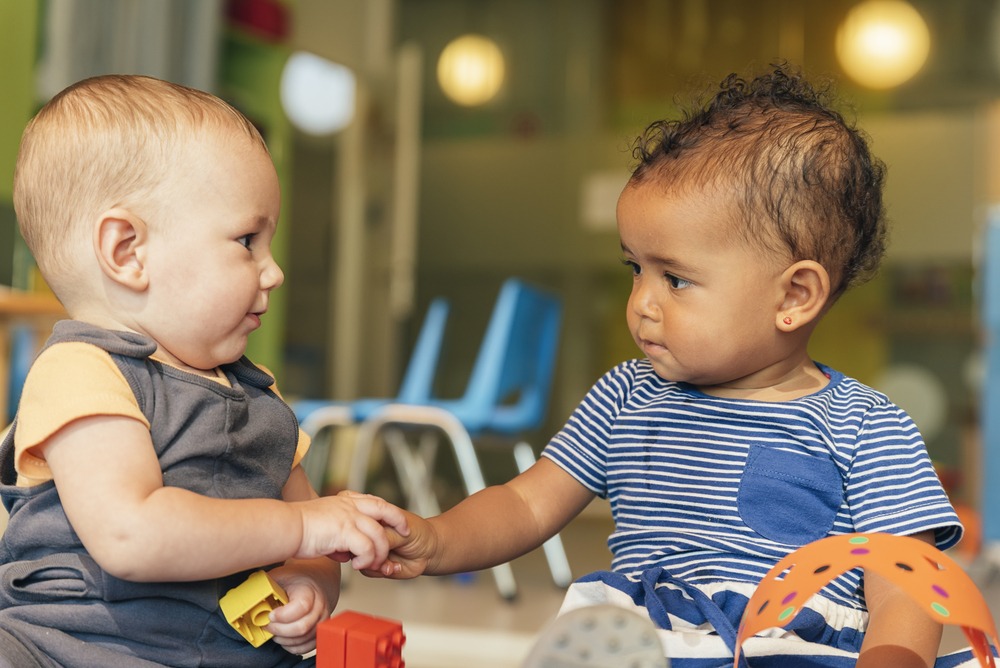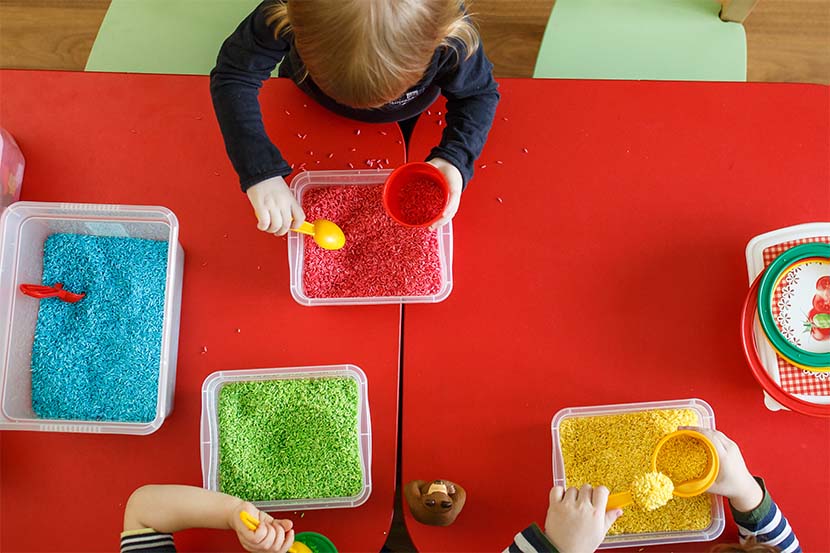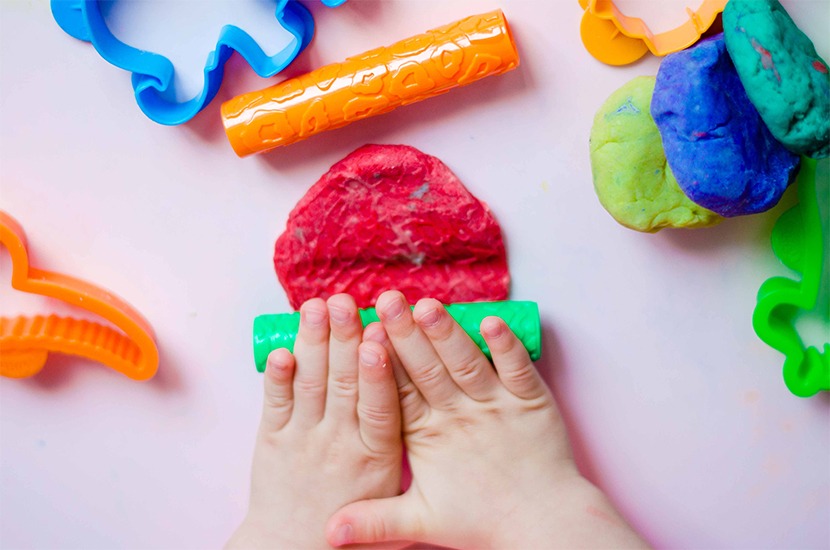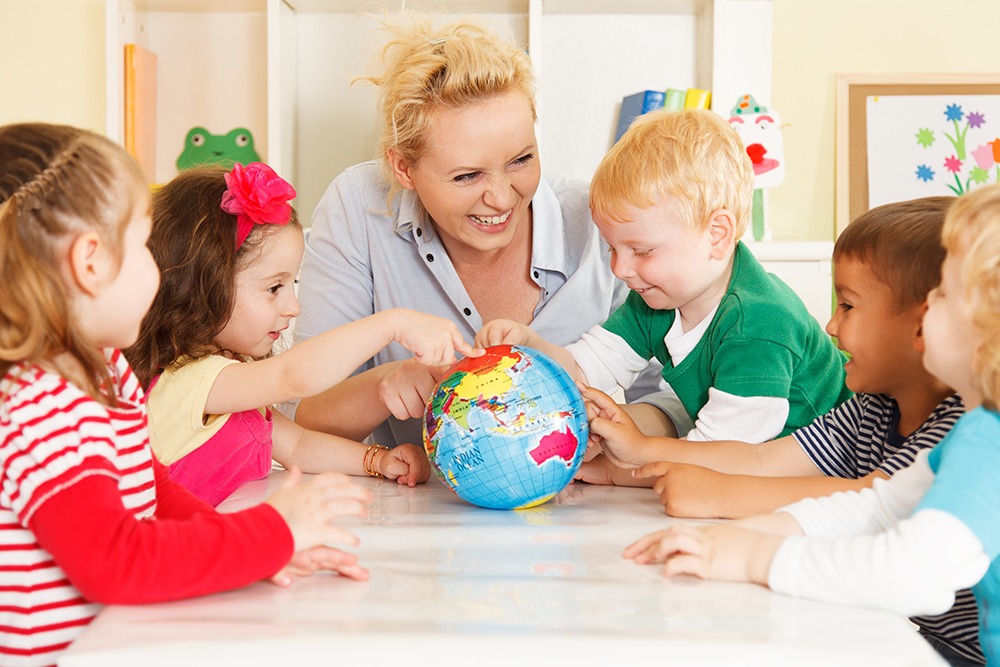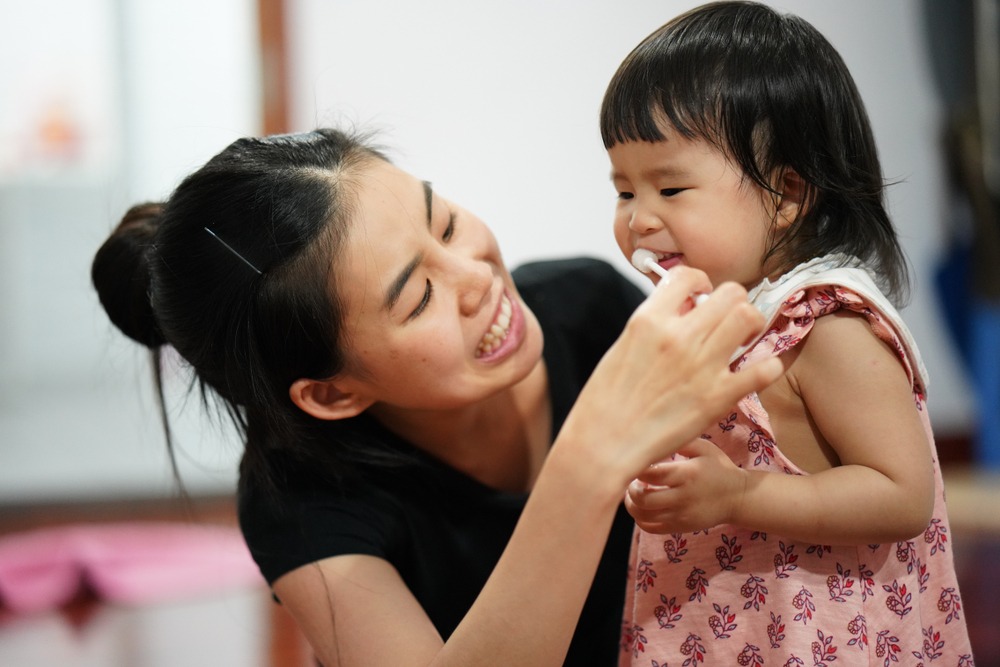

As an adult, learning a new language may seem like a difficult task. However, as a child, it’s much easier to become bilingual.
Despite what you may have heard, young children are not confused by the introduction of multiple languages and navigating multilingual environments comes quite naturally to them — learning a second language early in life primes the brain to more easily learn multiple languages, setting your child up for success and a range of opportunities for later on in life.
Here are four reasons why learning a second language at a young age is important:
#1 Future Communication
If you can speak a second language, you can communicate with significantly more people. Being bilingual will, therefore, expand your child’s educational, professional, and social opportunities. This will better prepare them to succeed in every aspect of their adult lives.
#2 Cognitive Ability
Research has shown that bilingual children learn faster and easier, have improved problem-solving, critical thinking, and listening skills, and benefit from enhanced memory, concentration and the ability to multitask. Learning a second language at a young age has also been shown to boost creativity, mental flexibility and academic scoring on standardised tests.
#3 Connect with Others
Learning a second language is a great way to educate children about different cultures. Research has shown that by learning about other cultures, bilingual children find it easier to connect with others, be more open-minded and be tolerant of diversity.
Developing empathy and cultural understanding can help your child in all aspects of life, from playing at Kindy to understanding their peers in their workplace. By learning another language, your child will be benefiting society as a whole as they will grow to be caring global citizens who can communicate with and appreciate people from other cultures.
#4 Prevent Mental Illness
Bilingual brains experience a constant workout by having to filter through information in two different languages. Research has shown that this workout makes changes within the brain structure, linking it to resilience against Alzheimer’s disease and mild cognitive impairment.
Furthermore, in many studies, it has been hypothesised that those who regularly speak a second language may be able to delay Alzheimer’s disease by 4.5 years.
At Cubby Care we partner with Learning Programs that offer enhanced learning opportunities in a play-based environment, introducing children to new languages and extending on their interaction with music and physical activity including yoga, health & fitness, music and language.
We understand the importance of learning a second language and therefore, offer languages at Cubby Care as a learning opportunity for your child. As discussed above, learning a second language at a young age is important in improving your child’s communication skills, cognitive abilities and their outlook on the world, as well as preventing future mental illnesses.
Book a visit to one of our centres today so your child can take advantage of the enhanced learning opportunities that language education offers.
